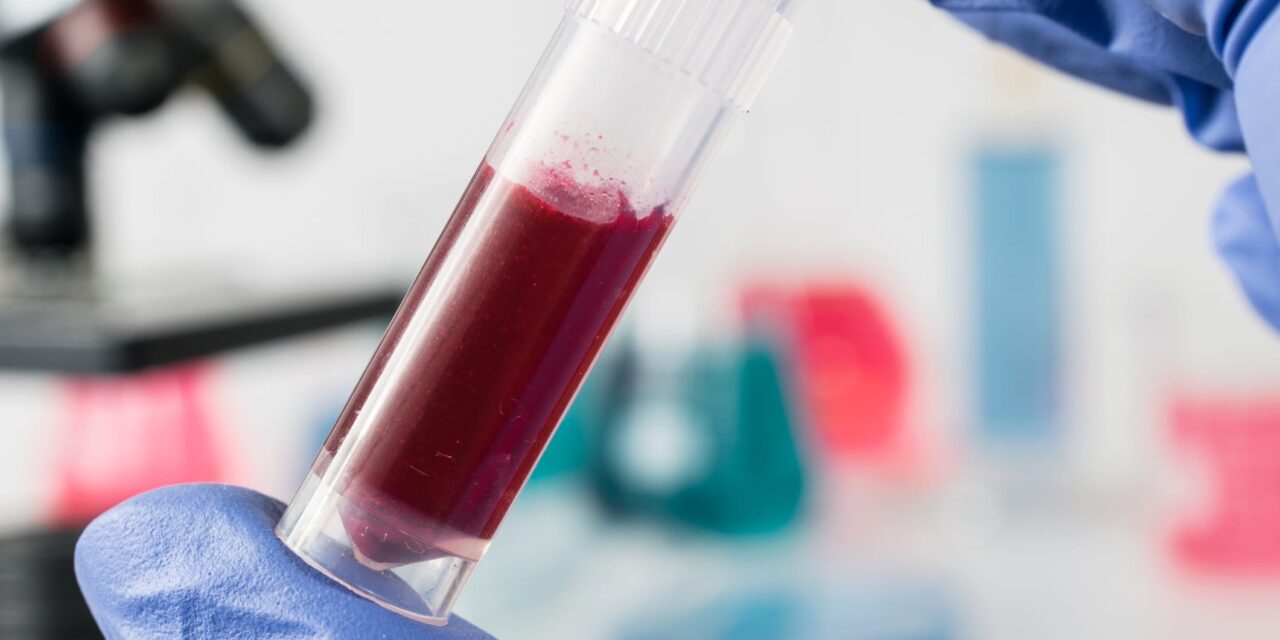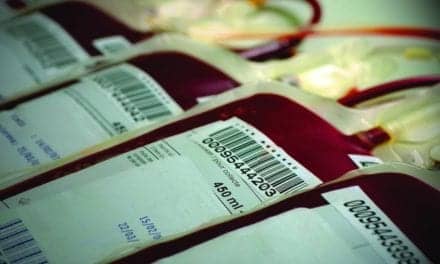Three-year PERIBLOOD study will evaluate single-cell RNA sequencing as minimally invasive alternative to bone marrow aspiration for blood disorder diagnosis.
CLISEQ Ltd, 10X Genomics Inc (Nasdaq: TXG), and the Weizmann Institute of Science have launched a multi-year international clinical trial to investigate peripheral single-cell RNA sequencing from blood as a minimally invasive alternative to bone marrow aspiration for diagnosing hematologic disorders.
The PERIBLOOD clinical trial, sponsored by the Weizmann Institute, plans to enroll more than 1,500 participants across dozens of sites in North America, Europe, Asia, Latin America, and Israel over three years. The study has already begun enrolling subjects, including individuals with low blood counts, high blood counts, and healthy volunteers.
The research will compare single-cell profiles from peripheral blood with conventional bone marrow aspiration results to determine the viability of a minimally invasive approach for identifying myelodysplastic syndromes and other hematology disorders.
“Hematological disorders are often analyzed using painful, invasive, and expensive bone marrow aspiration/biopsy procedures, limiting their utility and patient compliance,” says Ophir Herbst, chairman of CLISEQ, in a release. “Technology advancements in single-cell sequencing open up for the first time the potential to expand blood disorder understanding into non-invasive molecule diagnostics, enabling monitoring, therapy response, and improving patient outcomes.”
Technology Based on Nature Medicine Research
The trial is based on technology developed by professors Liran Shlush and Amos Tanay at the Weizmann Institute and recently published in Nature Medicine. The research established the first reference model of circulating hematopoietic stem cells across the human lifespan and demonstrated the ability to accurately diagnose MDS from peripheral blood.
CLISEQ has acquired exclusive rights to this technology through Yeda, the Weizmann Institute’s commercialization arm, and is advancing its development toward clinical validation through the global trial focused on blood-based detection of hematological cancers.
The study will leverage 10X Genomics’ Chromium GEM-X Single Cell technology to examine thousands of individual cells in each blood sample, generating detailed molecular profiles that may reveal subtle signals missed by traditional blood testing.
“Single-cell technology has the potential to reshape how we diagnose and treat disease,” says Serge Saxonov, CEO of 10X Genomics, in a release. “By enabling deep insights from a simple blood draw, success in this study would pave a path toward more accessible, less invasive diagnostics.”
Prof Liran Shlush, MD, PhD, Weizmann Institute, adds in a release, “The discovery that hematopoietic stem cells actually circulate in the blood and not just the bone marrow, unlocks new possibilities for blood diagnostics. Our initial clinical trial, together with computation AI methods from Professor Amos Tanay’s labs, demonstrated the accuracy and utility for MDS diagnosis, and we are now rapidly expanding the trial to additional sites and indications, with the goal of improving blood malignancies diagnostics and patient care.”
Findings from the study could inform future efforts to develop single-cell sequencing assays for hematology applications and potentially improve clinical decision-making and patient outcomes in laboratory diagnostics.
ID 94410705 © Nadeshda Goettmann | Dreamstime.com





